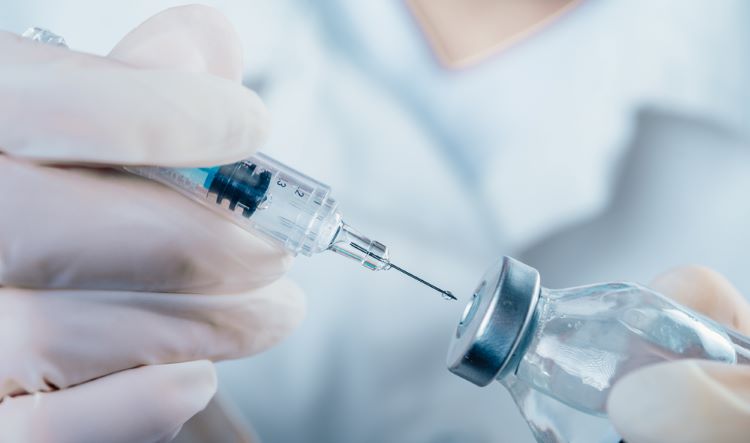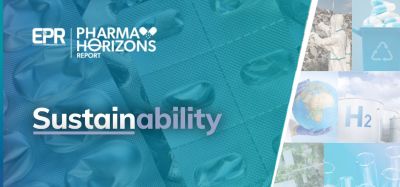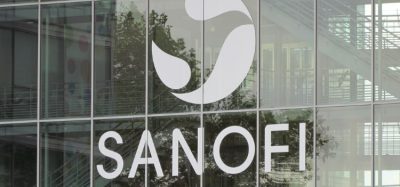First redosable gene therapy approved
Posted: 24 May 2023 | Catherine Eckford (European Pharmaceutical Review) | No comments yet
The “landmark approval” of a redosable gene therapy for dystrophic epidermolysis bullosa “ushers in a whole new paradigm to treat genetic diseases”.


The US Food and Drug Administration (FDA) has approved the first-ever redosable gene therapy for the rare skin disease dystrophic epidermolysis bullosa (DEB).
VYJUVEK™ (beremagene geperpavec-svdt) is authorised for DEB patients six months of age or older. The gene therapy is a topical gel that restores functional copies of the COL7A1 gene to provide wound healing and sustained functional COL7 protein expression with redosing.
DEB affects the skin and mucosal tissues caused by one or more mutations in the COL7A1 gene, according to Krystal Biotech. The COL7A1 gene is responsible for the production of functional COL7 protein that forms anchoring fibrils necessary to bind the dermis to the epidermis.
This can lead to extremely fragile skin that blisters and tears with minor friction or trauma. DEB patients suffer from open wounds and can be subject to recurrent skin infections and fibrosis that can cause fusion of fingers and toes. DEB patients are also at risk of developing an aggressive form of skin cancer.
Results from the clinical trials for the redosable gene therapy
The redosable gene therapy is the first and only medicine approved by the FDA for the treatment of DEB, both recessive and dominant”
The FDA approval of VYJUVEK is based on two clinical studies: the GEM-1/2 trial and GEM-3 trial. Data from the Phase III (GEM-3) trial, published in the New England Journal of Medicine, demonstrated achievement of complete wound healing at six months and complete wound healing at three months.
Krystal Biotech’s redosable gene therapy is the first and only medicine approved by the FDA for the treatment of DEB, both recessive and dominant.
Until now there has been no solution for preventing “blisters and wounds from developing on dystrophic EB patient skin,” according to Dr M. Peter Marinkovich, Primary Investigator of the GEM-3 trial, Director of the Blistering Disease Clinic at Stanford Health Care and Associate Professor of Dermatology at the Stanford University School of Medicine.
The “landmark approval” declared Krish S. Krishnan, Chairman and Chief Executive Officer of Krystal Biotech, “ushers in a whole new paradigm to treat genetic diseases”.
VYJUVEK is expected to be available in the US in the third quarter of 2023.
Outside of the US, the European Medicines Agency (EMA) has granted VYJUVEK orphan drug designation and PRIME (PRIority MEdicines) eligibility for DEB. Commencement of starting the Marketing Authorization Application procedure is anticipated in the second half of 2023 with a potential approval in 2024.
Related topics
Biologics, Biopharmaceuticals, Drug Development, Drug Markets, Drug Safety, Gene therapy, Regenerative Medicine, Regulation & Legislation, Research & Development (R&D), Therapeutics









